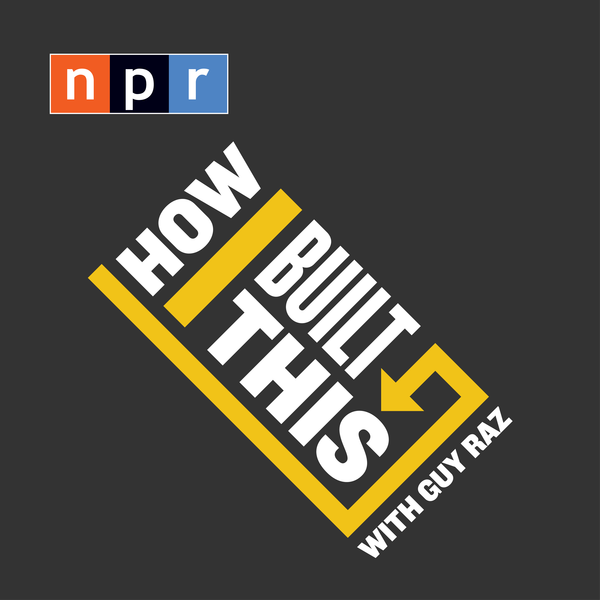Founder Lesson
I’m really loving How I Built This, a new podcast from NPR. They say it’s "a podcast about innovators, entrepreneurs, and idealists, and the stories behind the movements they built.” The founders tend to be from large businesses that people know and the podcasts dive into their origin stories.
When I started listening to this one - about the creation of Five Guys Burgers and Fries- I didn’t think much about it, but over the course of the podcast it hit me that what this founder did for his burger joint is exactly the right playbook for creating an MVP product for a B2C startup.
Normally I pinpoint the moment in the podcast that a particular lesson occurs, but this one has so many lessons that I’d encourage you to listen to the whole thing.
Here are the main points that I took away…
Hard-to-find location. The founder purposely put the first store in a location that was difficult to find. His thinking was that all new business would have to be from word-of-mouth…a clear sign that people loved his product. And if that didn't happen, it would be clear evidence that his product wasn't good enough yet.
Didn't care about food costs. The founder’s family were part of the initial team. He asked them to source food and gave them only one guideline…buy whatever you think is best. This caused them to purchase what they thought tasted the best, regardless of costs. Then the founder - without letting them know - just raised the retail prices, so they could make enough profit. This caused his burgers to be much more expensive than other shops, but he was okay with it because (once again) he wanted to gauge the true demand of their unique point-of-view.
No advertising. The founder spent no money on advertising. In line with all the other unorthodox decisions he was making, he didn’t want advertising to bastardize anything happening…because that first store was simply about gauging true demand.
Minimal features. Just like technology MVPs are only launched with a few features, Five Guys was only burgers, fries & soda. Just like the early story of McDonald’s (great movie btw), that early simplicity wasn’t just a test of demand…the formula might not have worked with a full menu from the start. A full menu might have made both McDonald’s and Five Guys look too much like everyone else, lessening the excitement of early fans.
Trust your intuition. Your initial product will only work well if you’ve correctly identified a big pain point and your point-of-view is very unique. By definition this means that what you are imagining will be resisted by lots of people…because new things are difficult for many people to imagine. In these moments all your have is your gut intuition about your unique insight.
Many things with startups are counterintuitive and this list is a great example of the (very strange) steps that this successful founder took.
Take a minute to imagine the advice that you would have given this founder - had you been a friend of his back then - when he told you that he was putting his store in a hidden location and doing no advertising. As someone without his unique insight, what would you have thought?
If you are a startup founder with an idea-stage startup, do your best to validate your core assumptions using the exact steps that this founder took. If you do, you’ll isolate and test only what matters and be able to iterate very quickly & cheaply to (hopefully) arrive at a product that consumers love before you scale up the product and team.
If you are particularly interested in reading more about building MVPs, here are all my blog posts tagged “mvp.”
Get Right to the Lesson
I’d recommend listening to all of this podcast.

Thanks to these folks for helping us all learn faster
Jerry Murrell, co-founder of Five Guys
NPR (@NPR)
How I Built This (@HowIBuiltThis)
Guy Raz (@guyraz)
Please let me and others know what you think about this topic
Email me privately at dave@switchyards.com or let's discuss publicly at @davempayne.
The best startup advice from experienced founders...one real-world lesson at a time.
